CERN inspires budding entrepreneurs to think outside the box
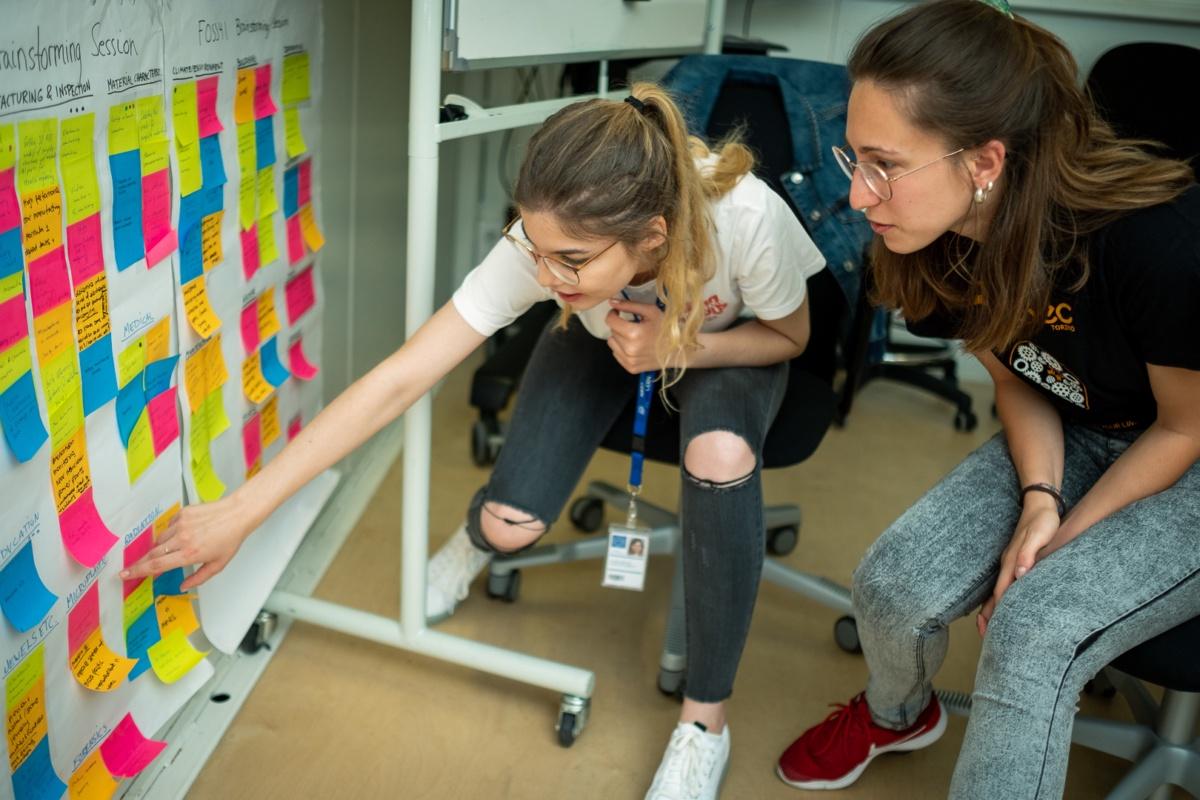
Cutting-edge technologies designed for CERN’s accelerators, detectors and computer systems are inspiring the next generation of young entrepreneurs to come up with innovative business ideas.
Up on stage, Kristine Wilhelm Lund and her team prepare to deliver their nail-biting final pitch.
“Our system is called WISE, a 24/7 real-time data-gathering system that can detect wildfires that may be reactivated. It uses a CERN flame detector with a high sensitivity that can detect a single photon of light from a flame,” the Danish business student told the audience at the European Organization for Nuclear Research, north of Geneva, on Wednesday.
Applause rings out at the end of their presentation, followed by a tough feedback and question session by an external jury.
Kristine was one of 14 Masters students from around the world selected from among 100 applicants for this summer’s CERN Entrepreneurship Student Programme (CESP).External link The five-week residency, in its second edition, aims to foster a culture of entrepreneurship at the intergovernmental organisation.
The group of budding high-tech entrepreneurs were coached by technology and business experts with the aim of developing concepts for high-tech start-up ventures based on CERN technologies.
“I always dreamed of becoming an entrepreneur, but I felt I was lacking the tools and knowledge,” says Lund. The programme at CERN taught her how to pitch, seek funding, approach venture capital organisations and develop concepts and business ideas, which she found to be “really tangible tools” that can be applied right away.
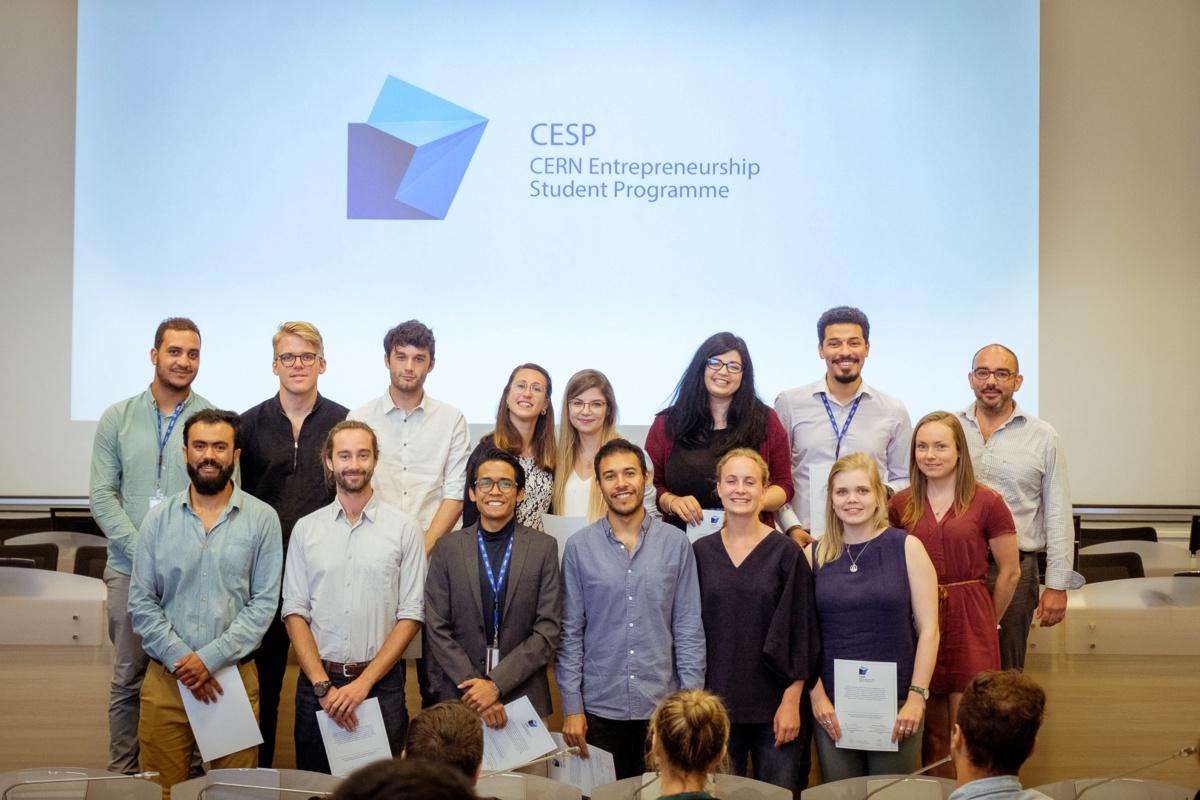
Fostering a business culture
CERNExternal link is best known for its fundamental particle physics research and the spectacular Large Hadron ColliderExternal link. The institute’s accelerators, detectors and computer networks rely on huge amounts of expertise and new technologies in a range of fields, from cryogenics to superconductivity.
CESP is just one of CERN’s many initiatives to maximise the impact of these technologiesExternal link developed in the name of research and to ensure that they have an impact beyond the walls of the lab.
“CERN is a knowledge hub for science and technology,” explained CESP course leader Silje Uhlen Maurset. “We have a responsibility and opportunity to increase our possible impact on society. One way of doing this is by creating start-ups using our knowledge. This is why we encourage people at CERN and from outside to use technology to create new start-ups.”
In 2018, 28 start-ups, mainly in Europe, were using CERN technologies in fields ranging from medical imaging to aerospace. One of the highlights from last year was the MARS Bioimaging start-upExternal link, which used a CERN-developed sensor technology, Medipix, to build a scanner that produces 3D colour X-ray images.
From microplastics to crop monitoring
Back at the CESP course, Akay, Natalia, Tomas and Valeria are convinced that their business idea – a system to detect microplastics in wastewater using laser and spectroscopy technologies – has a future.
“Right now, the only way to detect microplastics in wastewater is via sampling and expensive measurements in the lab,” explains Polish graduate Natalia Wiktoria Walentynowicz.
Their business plan, comprising hardware, software and a monthly maintenance and service fee, targets a slice of the sizeable wastewater market in Germany.
“According to filtration companies, our system could save them €1.7 million a year,” she says. The team claimed interest from start-up firm Ecofario and from one of Germany’s biggest recycling companies. “We want to have a product ready for sales by May 2021,” says the young Pole.
Other business ideas presented at CESP include a data-driven project for Egyptian farmers to monitor crops grown in greenhouses using artificial intelligence, and monitoring and control systems for complex construction sites.
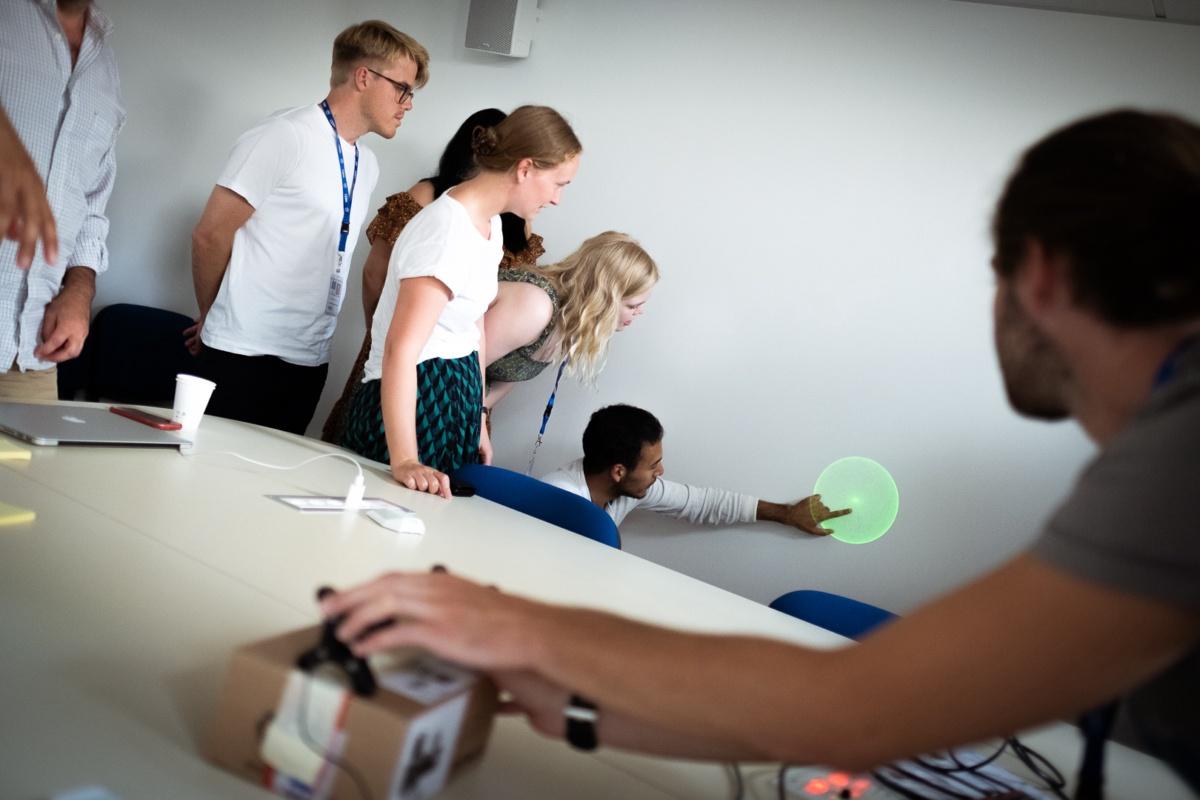
Complex technology
Grasping the full commercial possibilities of the complex technologies on offer at CERN and putting together a solid business plan in the space of five weeks was certainly no small order for the young students, who met for the first time in July.
“They have done really well. It’s very difficult to start companies based on the technology in CERN, as they are made for specific purposes in our experiments,” says Maurset.
“I didn’t expect them to come up with concepts that could be new ventures but all of them have projects that could be start-ups in the near future. They need some work on them.”
Follow-up meetings are scheduled with the CERN organisers to see how they can take the projects on, and to discuss possible licensing agreements. Funds are available that should allow the students to return to work on their ideas.
TeraBee Chief Executive Officer Massimiliano RuffoExternal link, who acted as a mentor and jury member, agrees the projects have been excellent this year. But he feels they are still at a “very early stage”, like the CESP course itself.
“It’s a hard job as they are exposed to pure technology which they don’t own or fully understand,” he says. “And the real problem is that some of the technology is not really ready.”
Manuela Cirilli, in charge of medical applications at the CERN Knowledge Transfer Group, acknowledges that the teams might find it hard to keep momentum going on their projects once they return home. But she says it won’t be a disaster if their ideas don’t result in specific business ventures.
“We see it all as a long-term investment for CERN. In the future, these students will go on to create their own businesses or join companies, and maybe in a few years they will have another opportunity. We also learn ourselves about possible new directions. We see it all as part of our work to disseminate the ideas at CERN,” she says.
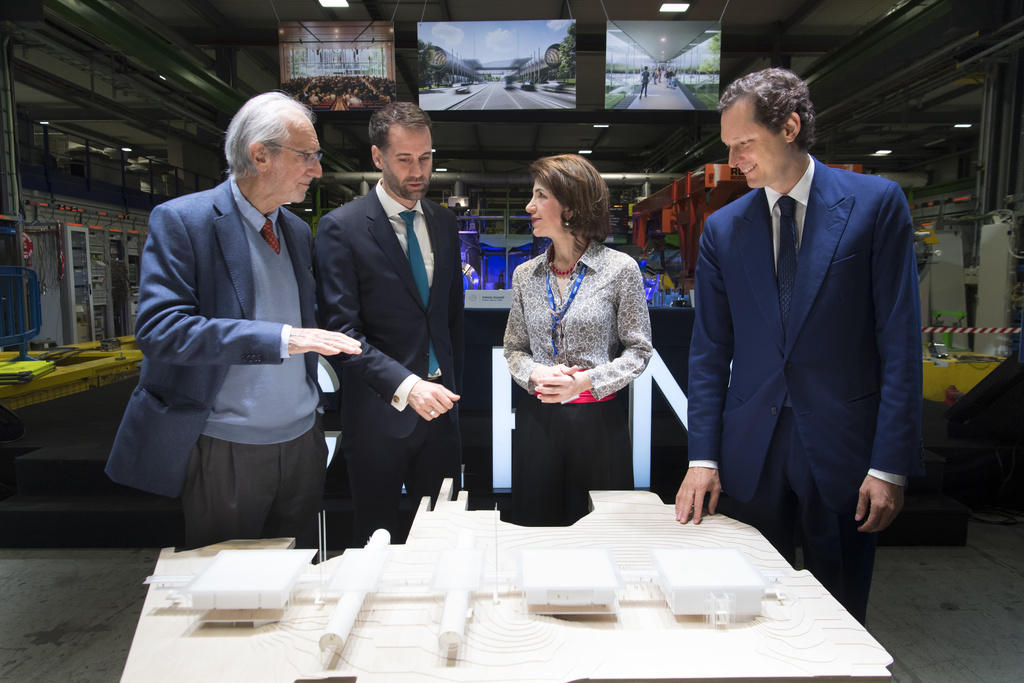
More
Major science education project unveiled in Geneva

In compliance with the JTI standards
More: SWI swissinfo.ch certified by the Journalism Trust Initiative










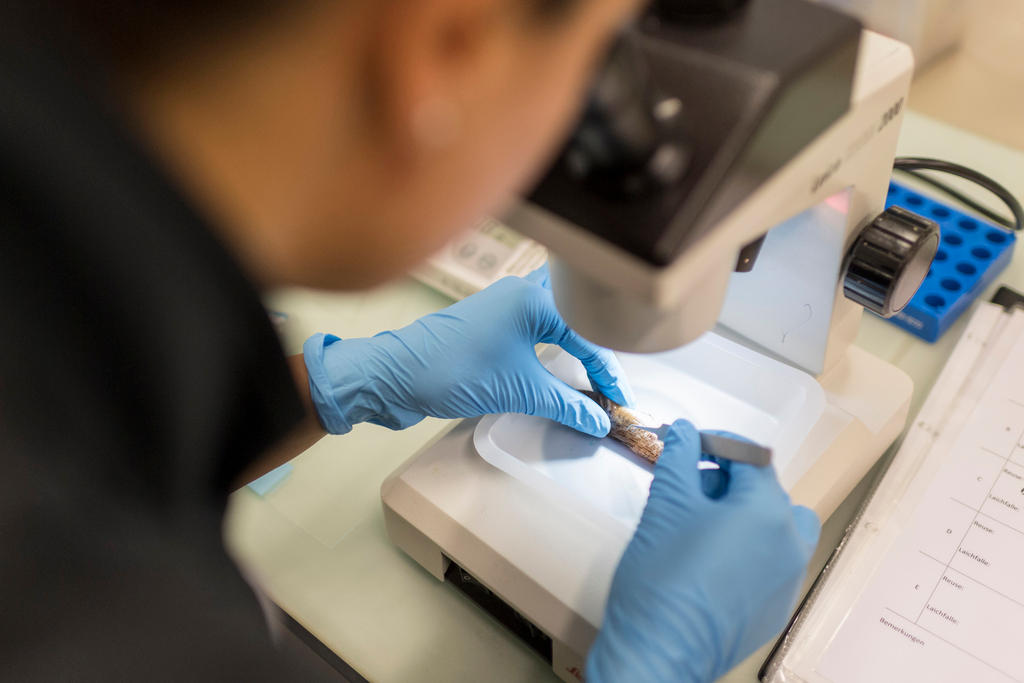


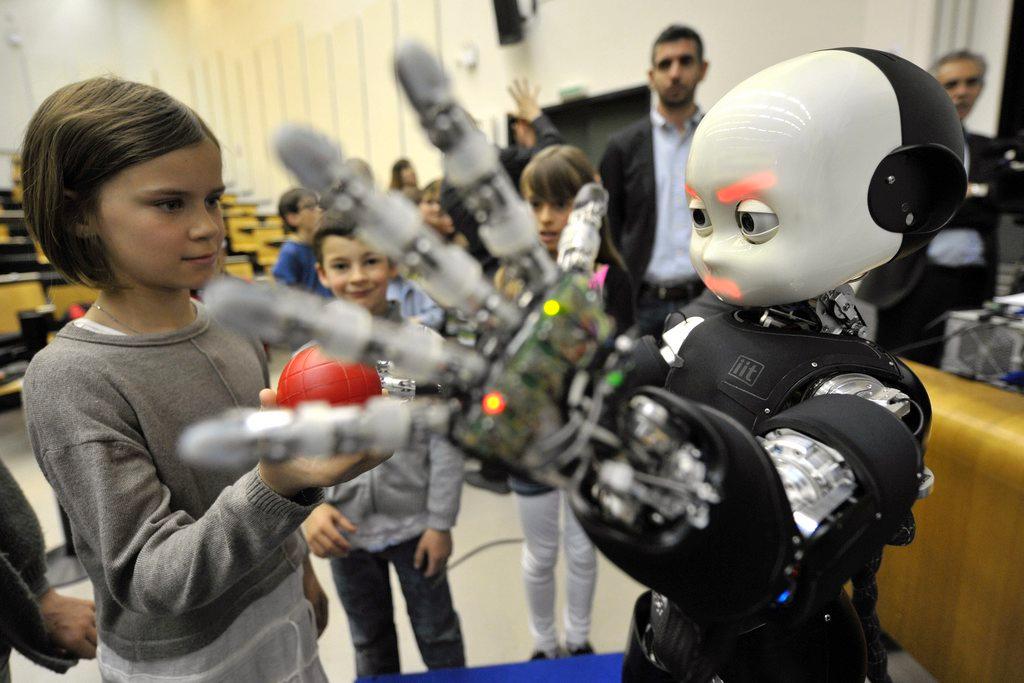

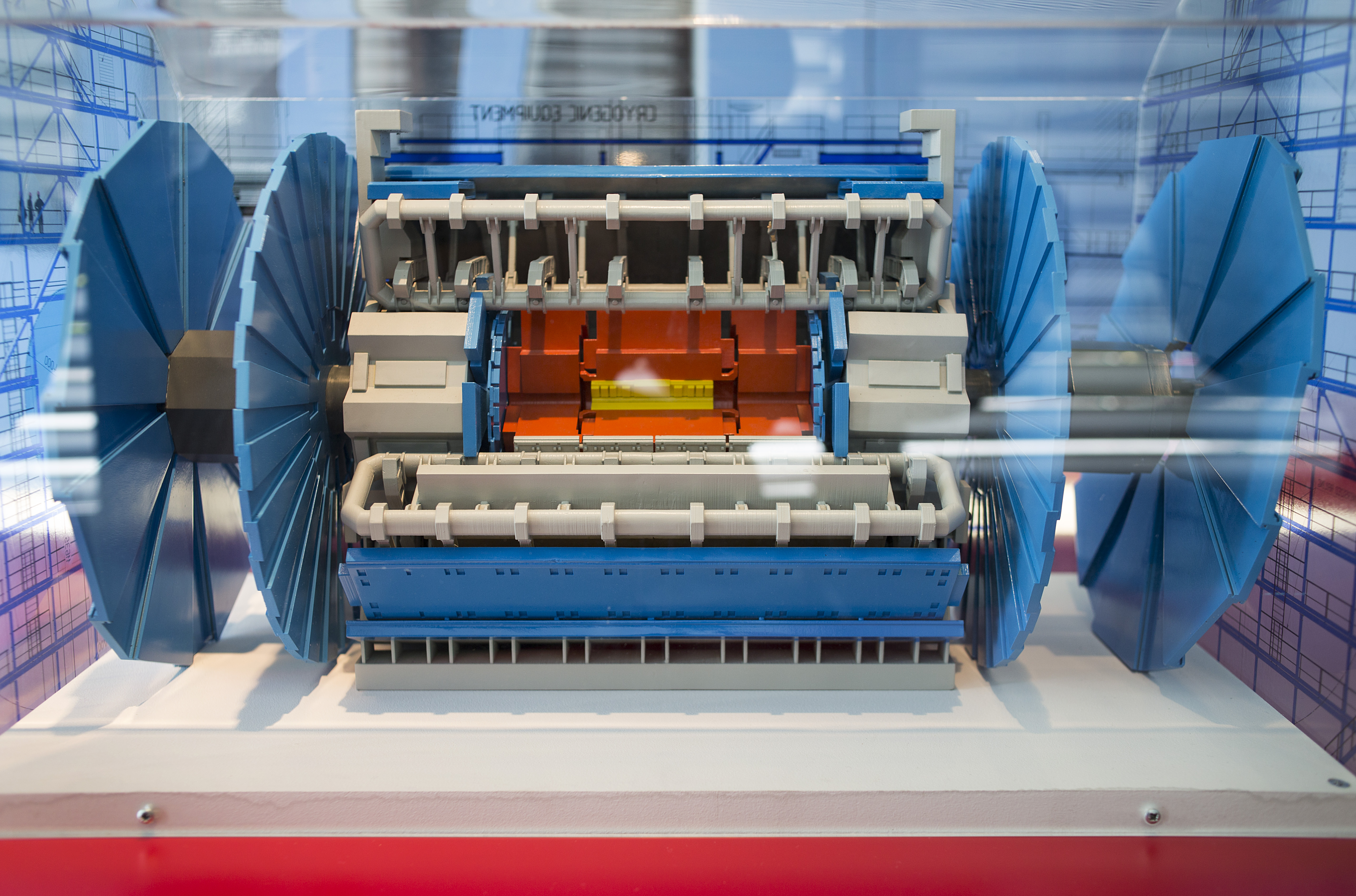
You can find an overview of ongoing debates with our journalists here . Please join us!
If you want to start a conversation about a topic raised in this article or want to report factual errors, email us at english@swissinfo.ch.